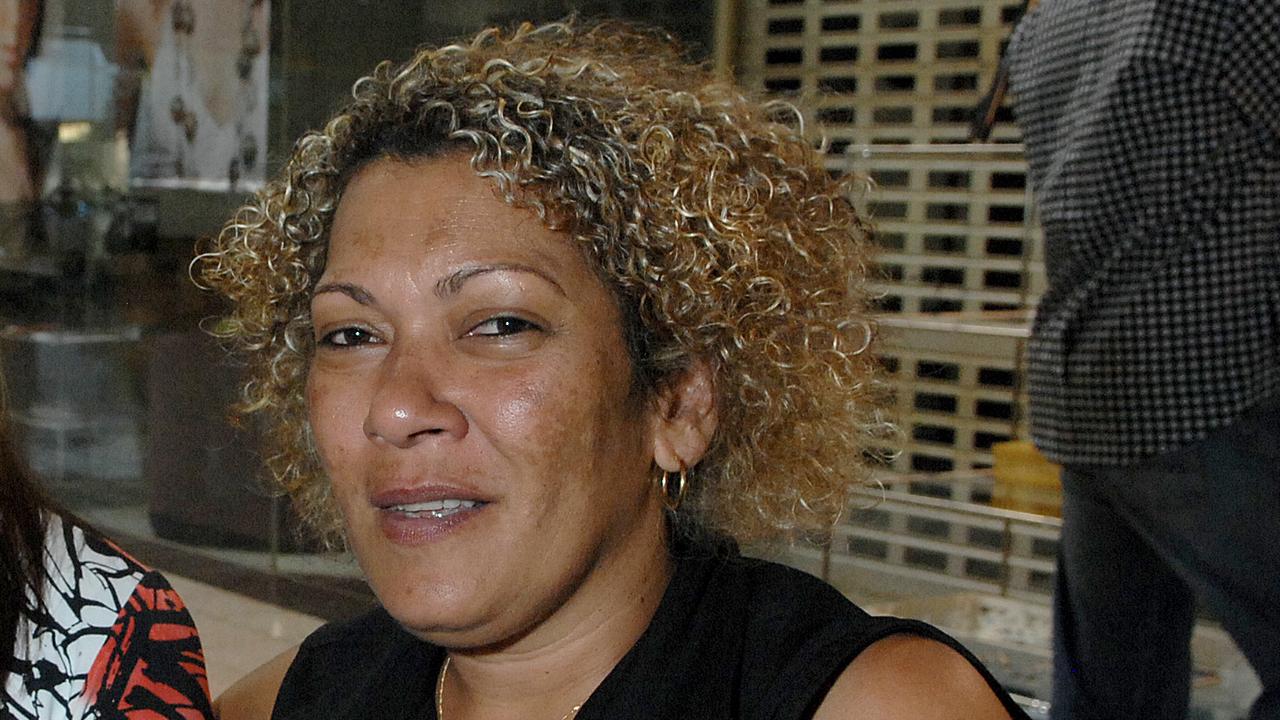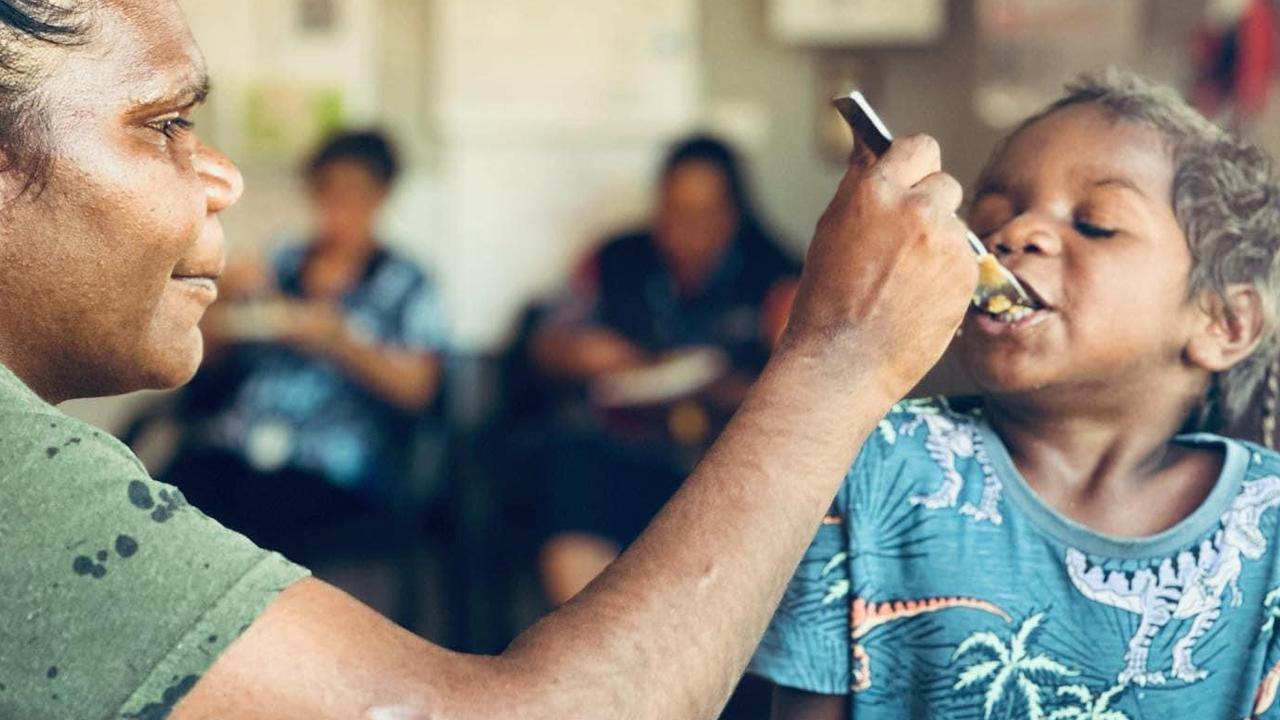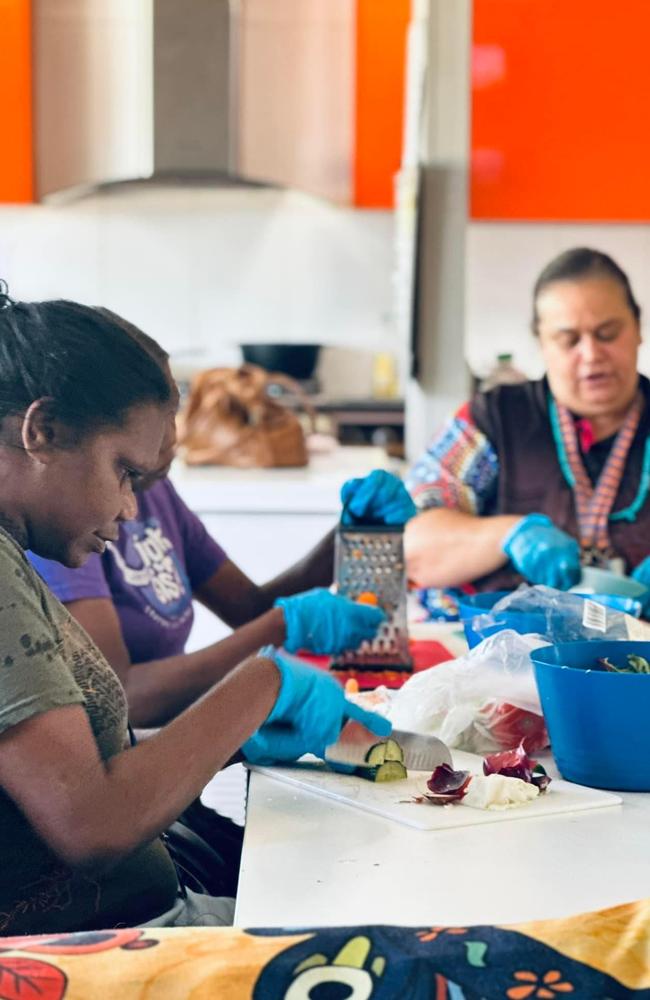Invest in stopping crime before it happens: Police and frontline workers
Imagine a world where police were on rolling fixed-term contracts and where prison budgets are eroded year after year. Most people would be outraged, but its exactly how governments like the NT routinely treat the services that prevent crime, writes Leeanne Caton.

Imagine a world where police were on rolling fixed-term contracts, never sure if they would have a job next year.
Where the whole organisation might be turfed out and replaced every few years, and competitors are played off against one another to accept fewer resources.
Where prison budgets are eroded year after year, but they are expected to deliver the same results with an ever-growing number of people?
Most people would be outraged. They would rightly think this is not a sensible or acceptable approach to frontline criminal justice services.
But it is exactly how governments in the Northern Territory routinely treat the services that prevent crime rather than addressing it after it’s already happened.
Take the example of Drug and Alcohol Services Australia, whose successful programs in Alice Springs have provided women facing jail time – often themselves victims of violent crime – with the skills to change their lives.
Community-based approach giving women the life skills to break the cycle
The program reduced reoffending by two thirds compared with prison.
This success is possible due to the highly skilled caseworkers but it requires funding stability and certainty.
The small community-led organisations in charge of work like this are often preventing hundreds or even thousands of crimes being committed. If we do not resource these services we are gambling with community safety.

We are rightly unwilling to do that with the remedial aspects of our justice system – the police and jails.
We should be just as unwilling to accept it for the preventive components in diversion, drug and alcohol, mental health, education and other social services.
This is not just a position held by social workers, health workers and educators.
It’s a mainstream view that everyone – including senior long-serving police officers – make very clear.
Everyone who is on the front lines knows that police and prisons can only play their role if the preventive parts of the justice system are playing theirs.
Otherwise the entire system is reduced to a revolving door at the prison gates – or a queue of ambulances at the bottom of the cliff.

Only this week NT Police Commissioner Michael Murphy told a radio interview that “what we say is policing activity is really directing activity into the courts and jails … When we look at policing and the enforcement end really, we need to focus on social policy which is the other side”.
Commissioner Murphy said “the triangle needs to be inverted” to focus on what prevents crime – housing, education, early childhood and employment. These are the services whose budgets have been cut by 24 per cent in real terms over the past few years.
Politicians clearly like announceables about police and prisons – we’ve seen no shortage of them through the election campaign.
More Coverage
It’s also true that many politicians from all sides are deeply concerned about community safety and keenly aware of the importance of following through on the programs that stop crime before it starts.
These are the voices we need to hear in the days and weeks following the election, no matter who forms government.
Leeanne Caton is a Kalkadoon woman raised and educated in Darwin and an Ambassador for the Smarter Justice for Safer Communities initiative.





